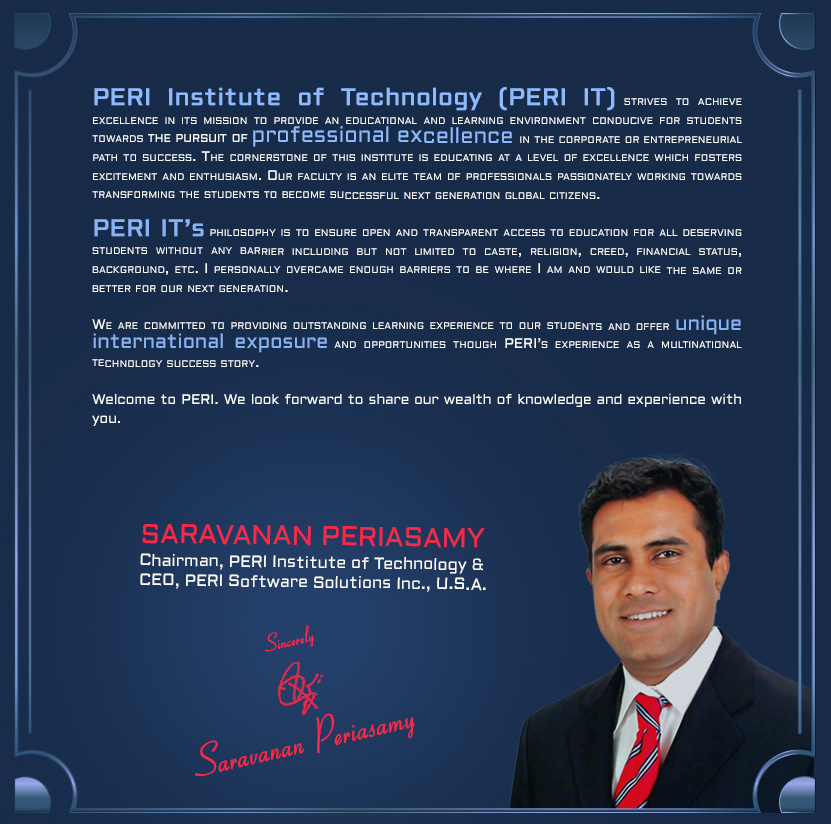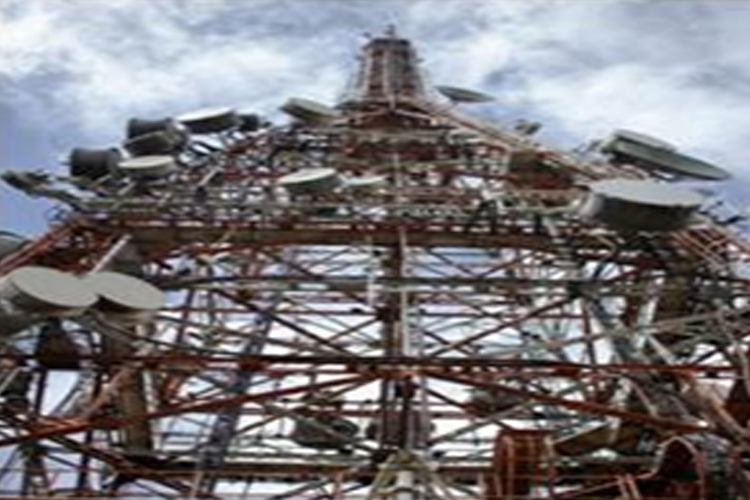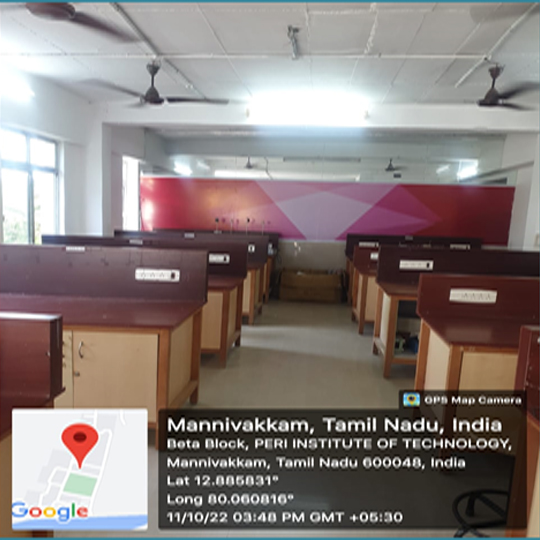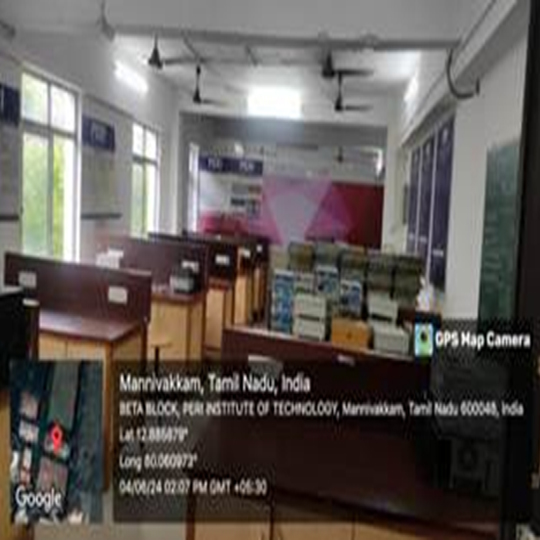Laboratory
Communication Lab
Communication Lab
About
The communication laboratory in the Electronics and Communication Engineering (ECE) program is designed to provide students with practical exposure to the fundamental and advanced concepts of analog and digital communication systems. The primary objective of this lab is to help students understand and implement various modulation and demodulation techniques such as Amplitude Modulation (AM), Frequency Modulation (FM), Phase Shift Keying (PSK), Frequency Shift Keying (FSK), and other digital modulation schemes. It enables students to analyze the behavior of signals during transmission and reception, both in time and frequency domains. The lab also focuses on the concepts of sampling and reconstruction of analog signals, in line with the sampling theorem, as well as multiplexing techniques like Time Division Multiplexing (TDM) and Frequency Division Multiplexing (FDM). Through hands-on experience with communication trainer kits, signal generators, oscilloscopes, and simulation software such as MATLAB or Simulink, students learn to design, test, and evaluate communication systems. Furthermore, the lab introduces students to the basics of noise analysis, bandwidth considerations, and error detection and correction techniques, thereby strengthening their analytical and problem-solving skills. Overall, the Communication Lab bridges the gap between theoretical knowledge and real-world application, preparing students for careers in modern communication and signal processing industries.









